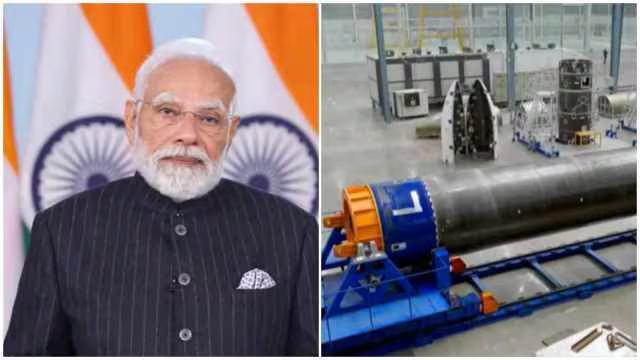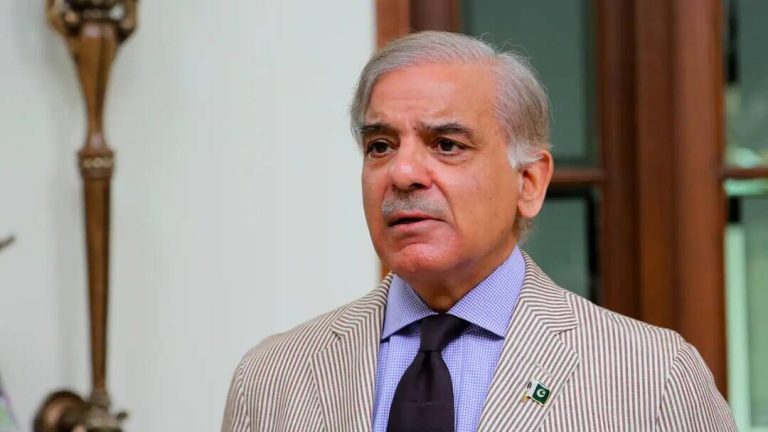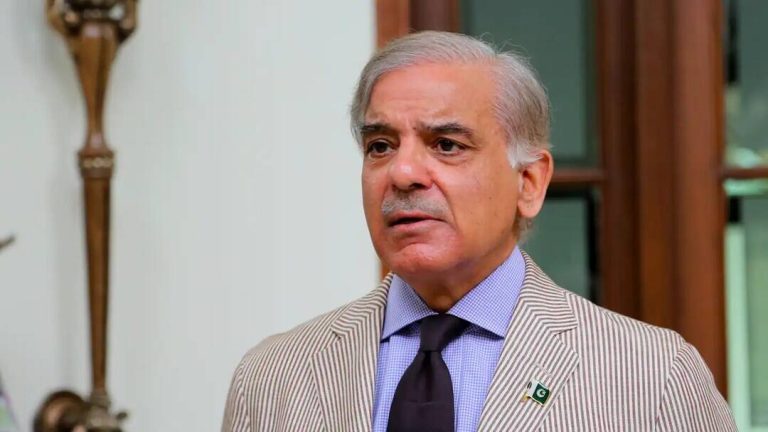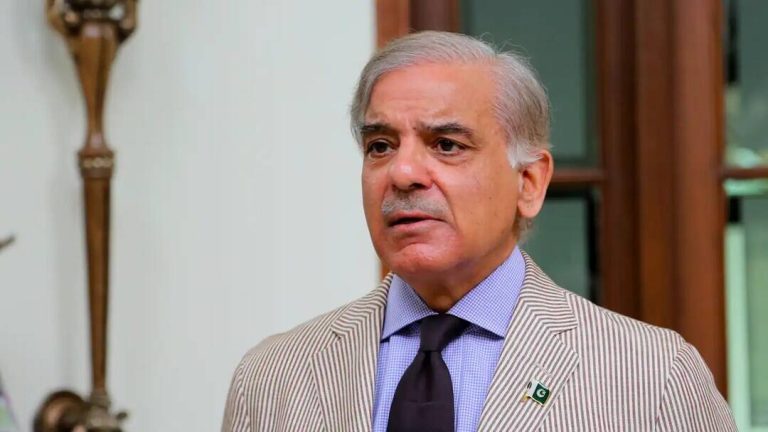
PM Modi Unveils Vikram-1, India’s First Privately Developed Orbital Rocket
In a historic moment for India’s space sector, Prime Minister Narendra Modi on Thursday inaugurated the new Infinity Campus of space startup Skyroot Aerospace via video conferencing. During the ceremony, PM Modi also unveiled Vikram-1, India’s first privately developed orbital rocket. The launch marks a significant leap forward for the country’s space industry, with the Prime Minister hailing it as a major milestone.
The Infinity Campus, which will serve as the headquarters of Skyroot Aerospace, is a state-of-the-art facility designed to support the development and production of rockets. According to Skyroot Founder Pawan Chandana, the campus will have the capability to produce one rocket every month, making it a significant boost to India’s space sector. The ability to manufacture rockets at such a rapid pace will enable India to increase its space launches and compete with other countries in the global space industry.
The unveiling of Vikram-1, India’s first privately developed orbital rocket, is a testament to the country’s growing capabilities in the space sector. The rocket, named after Dr. Vikram Sarabhai, a renowned Indian scientist and engineer, is a significant achievement for Skyroot Aerospace and the Indian space industry as a whole. The development of Vikram-1 demonstrates the potential of private companies in India to contribute to the country’s space program and marks a new era of collaboration between the government and private sector in the space industry.
PM Modi’s inauguration of the Infinity Campus and unveiling of Vikram-1 is a clear indication of the government’s support for the private space industry in India. The government has been actively promoting the development of the space sector, recognizing its potential to drive economic growth and improve the country’s global standing. The Indian Space Research Organisation (ISRO) has been at the forefront of the country’s space program, but the emergence of private companies like Skyroot Aerospace is expected to play a key role in driving innovation and growth in the sector.
The development of Vikram-1 is a significant achievement for Skyroot Aerospace, which was founded in 2018 by Pawan Chandana and Bharath Daka. The company has been working tirelessly to develop its rocket technology, and the unveiling of Vikram-1 is a major milestone in its journey. The rocket is designed to be a single-stage-to-orbit (SSTO) vehicle, capable of carrying small satellites into low Earth orbit.
The Infinity Campus, which will serve as the headquarters of Skyroot Aerospace, is a major investment in the company’s future. The facility will provide the company with the necessary infrastructure to design, develop, and manufacture its rockets. The campus will also serve as a hub for innovation and research, with the company planning to collaborate with other organizations and startups in the space industry.
The launch of Vikram-1 and the inauguration of the Infinity Campus are expected to have a significant impact on India’s space sector. The country has been actively promoting its space program, with the government recognizing the potential of the sector to drive economic growth and improve the country’s global standing. The emergence of private companies like Skyroot Aerospace is expected to play a key role in driving innovation and growth in the sector, with the government providing support and funding to promote the development of the industry.
In conclusion, the unveiling of Vikram-1, India’s first privately developed orbital rocket, and the inauguration of the Infinity Campus mark a significant milestone in the country’s space sector. The launch demonstrates the potential of private companies in India to contribute to the country’s space program and marks a new era of collaboration between the government and private sector in the space industry. With the government’s support and funding, the private space industry in India is expected to drive innovation and growth, with companies like Skyroot Aerospace playing a key role in shaping the country’s space program.





